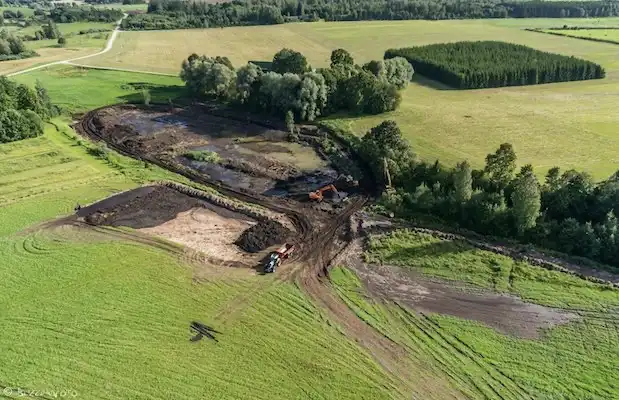
A four-year field experiment conducted on the shores of restored Lake Mustijärv in Viljandi, Estonia, has revealed that recycling phosphorus-rich lake sediments back to agriculture could have positive impacts on crop production.

A four-year field experiment conducted on the shores of restored Lake Mustijärv in Viljandi, Estonia, has revealed that recycling phosphorus-rich lake sediments back to agriculture could have positive impacts on crop production.
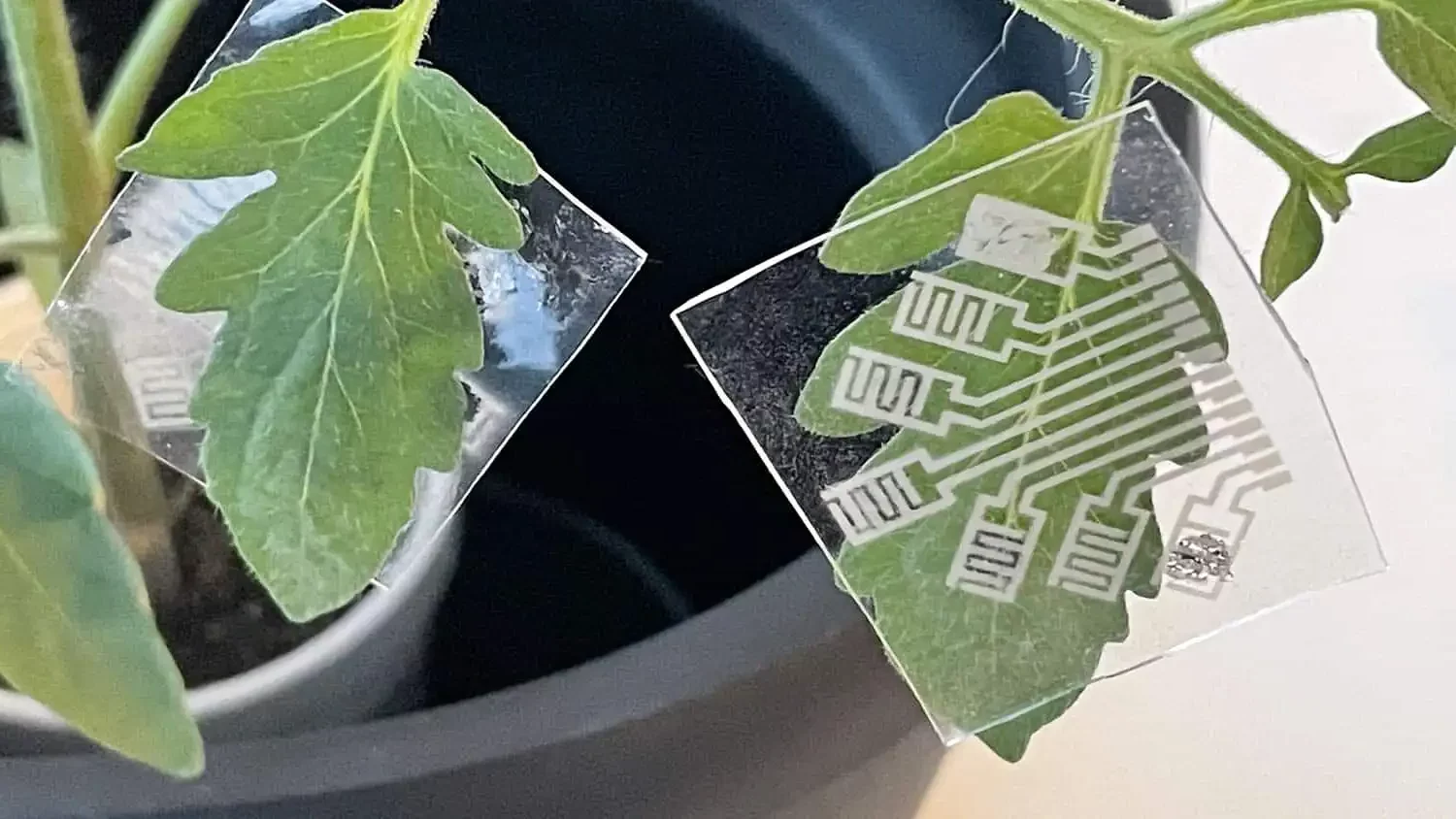
Researchers have developed an electronic patch that can be applied to the leaves of plants to monitor crops for different pathogens – such as viral and fungal infections – and stresses such as drought or salinity. In testing, the researchers found the patch was able to detect a viral infection in tomatoes more than a week before growers would be able to detect any visible symptoms of disease.
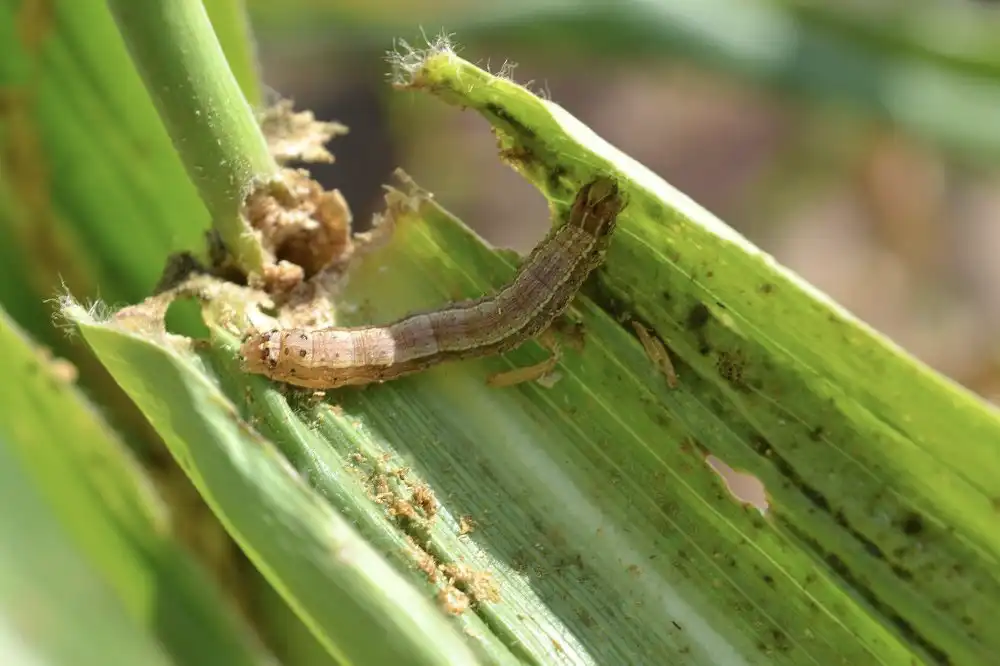
The impact of the fall armyworm pest on maize crops and communities in Sub-Saharan Africa were worsened by the COVID-19 pandemic, according to paper. Drawing upon recent empirical literature on the pest since it was first reported in Africa in 2016, scientists from Nairobi, Kenya, highlighted how it was responsible for up to 58% of maize losses worth up to US $9.4 billion.
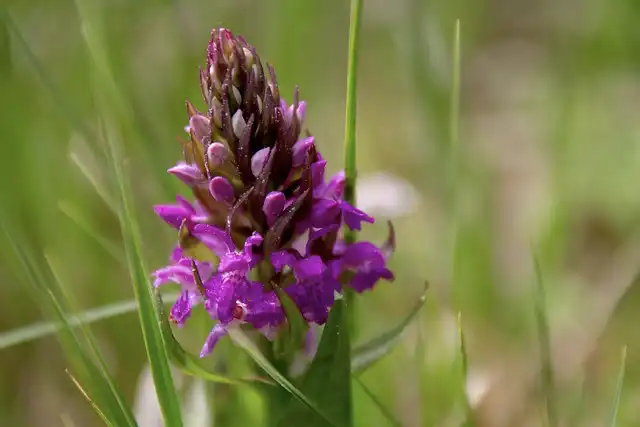
A study of Britain’s native flowering plants has led to new insights into the mysterious process that allows wild plants to breed across species – one of plants’ most powerful evolutionary forces.
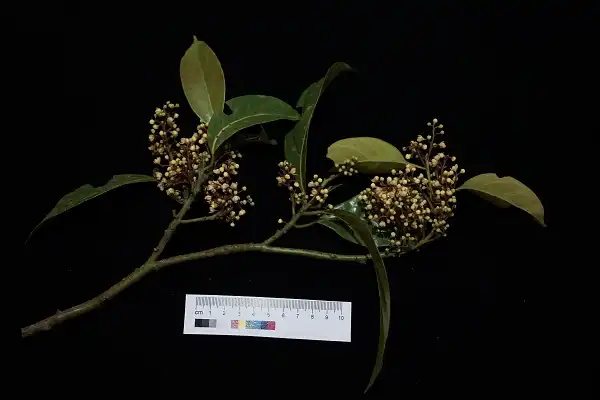
The genus Endiandra of the Lauraceae family has approximately 100 species and its diversity is strongly centered in south-eastern Malaysia and Australia. In China, there are only three recognized Endiandra species (two endemic) and they are distributed in Yunnan, Guangxi, Hainan and Taiwan.

A research group characterizes a new transcription factor that regulates, during the ripening of strawberries, the production of anthocyanins responsible for giving them their red hue.
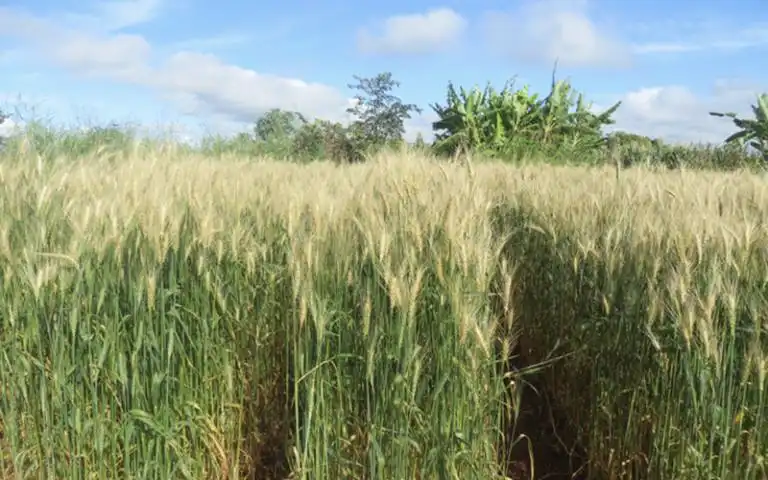
Genomic surveillance could aid in tracking pathogen evolution and crop resistance, preventing crop failures, suggests a new study.
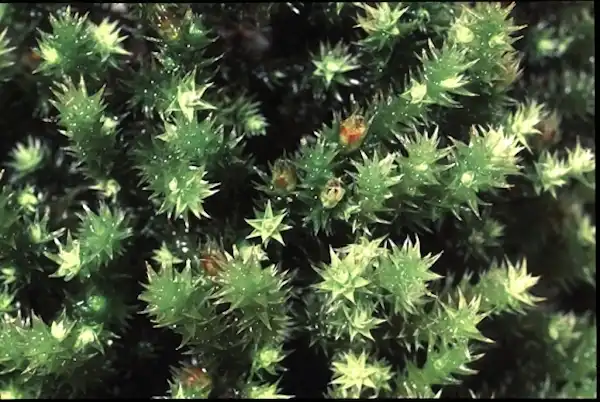
Now a global study has found mosses are not just good for the garden, but are just as vital for the health of the entire planet when they grow on topsoil. Not only do they lay the foundations for plants to flourish in ecosystems around the world, they may play an important role mitigating against climate change by capturing vast amounts of carbon.

Reactive oxygen species (ROS) are toxic compounds generated by living systems through aerobic respiration and photosynthesis. Now, researchers have studied the mechanism to regulate the activity of ROS-producing enzymes and revealed that ROS is involved in the growth of spruce and synthesis of lignin, a key cell wall component. The findings could help develop technologies for producing valuable timber-based materials and boost the growth of coniferous trees.
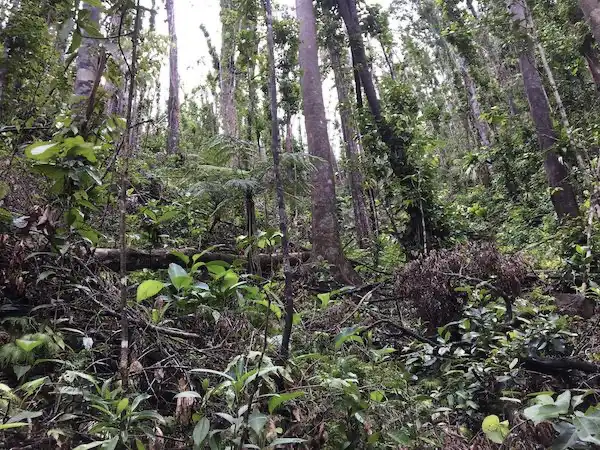
Researchers got into the forests on the island of Dominica after 9 months of the Category 5 Hurricane Maria and examined the trees closely. They discovered that while 89% of the trees sustained damage — 76% of which had major damage —only 10% were immediately killed. Many of the trees had resprouted.